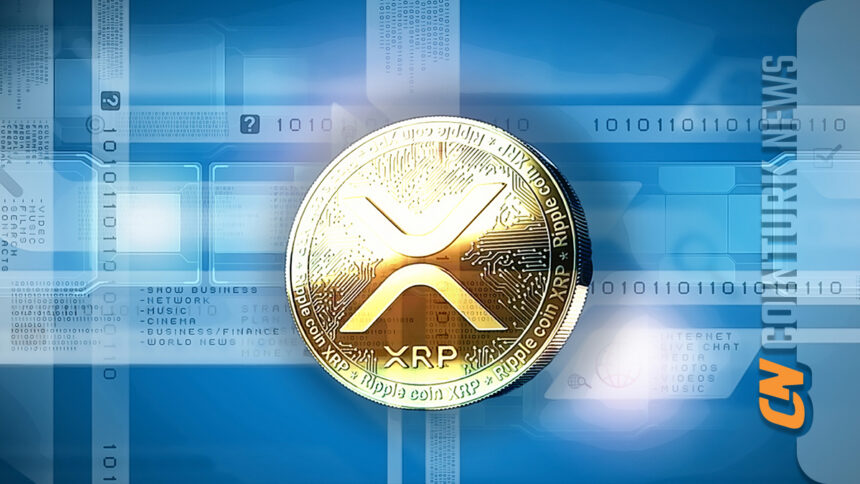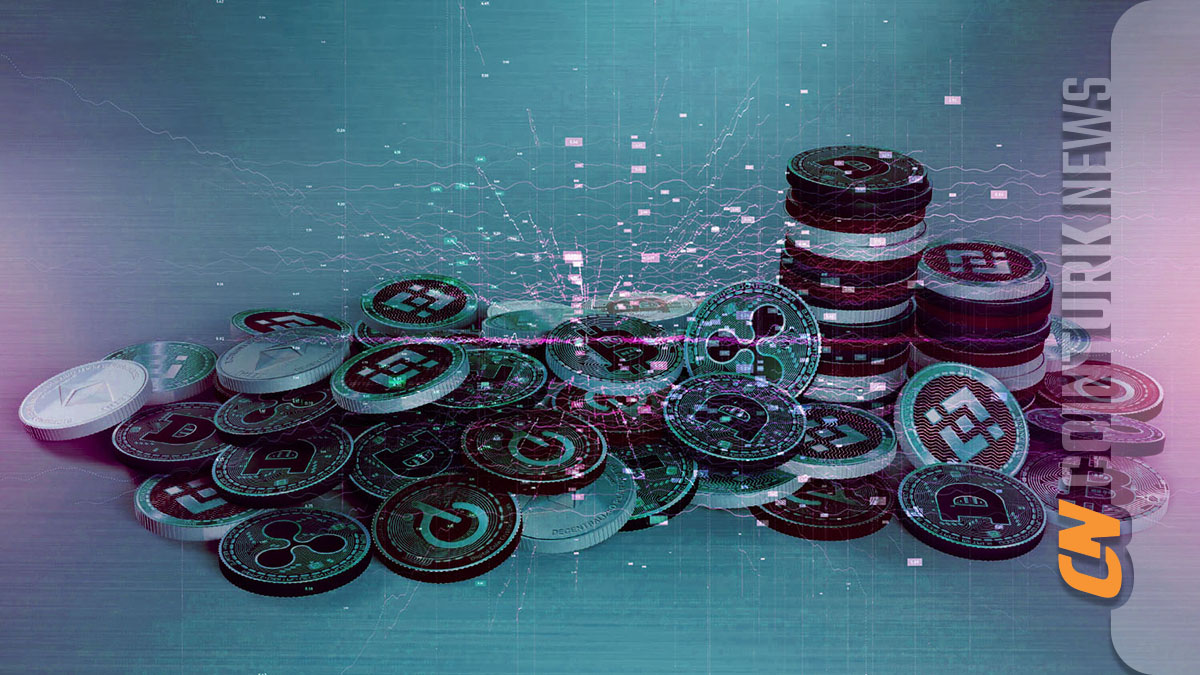Growing state-level interest in blockchain-based technologies and Central Bank Digital Currency (CBDC) efforts are paving the way for Ripple. Many governments are working on the digital version of their national currencies. Even the most key financial institutions of countries are issuing their own stablecoins. This is widely seen in the European region.
The Second Phase with Ripple
The Ministry of Finance of Palau has officially launched the second phase of the Palau Stablecoin (PSC) Program. Jay Hunter Anson, a cybersecurity consultant in Palau, confirmed the launch of the CBDC pilot program through his social media account.
Anson, who is an advisor to the project, said that Palau aims to expand its partnership with Ripple in this next phase. Ripple, which provides advisory services to many countries including the United States on digital currency efforts, enables public officials to benefit from the CBDC platform and technical expertise of Ripple.
The stablecoin named PSC is pegged to the US dollar at a 1:1 ratio and its reserves will be held in a commercial bank with FDIC insurance. The good news for XRP Coin investors is that this stablecoin was launched over the XRPL. In the future, more governments will be able to issue their own digital currencies in a more secure manner through Ripple and other crypto companies performing similar services.
Ripple and Palau CBDC
Ripple’s CBDC Strategic Advisor Anthony Welfare stressed the importance of CBDC in his statement about the second phase. Unlike normal banking services, digital wallets are less costly and do not charge exorbitant fees, especially for cross-border payments. In addition, current cross-border payments often take days to reach their recipient as if they were being sent by carrier pigeon.
Digital currencies, on the other hand, allow for instant, cheap, and trouble-free transfers. Ripple’s CBDC advisor also drew attention to specific challenges such as the complexity of transporting traditional currencies between Palau’s 340 islands. Welfare mentioned that even during power outages, residents of Palau could use the PSC stablecoin to make offline transactions.
This update came just a few days after the Ministry of Finance of Palau announced the success of the first phase of the PSC program. Three months ago, 168 volunteers tested the digital currency in local businesses with 100 PSC each. The feedback from the tests was positive.

 Türkçe
Türkçe Español
Español









